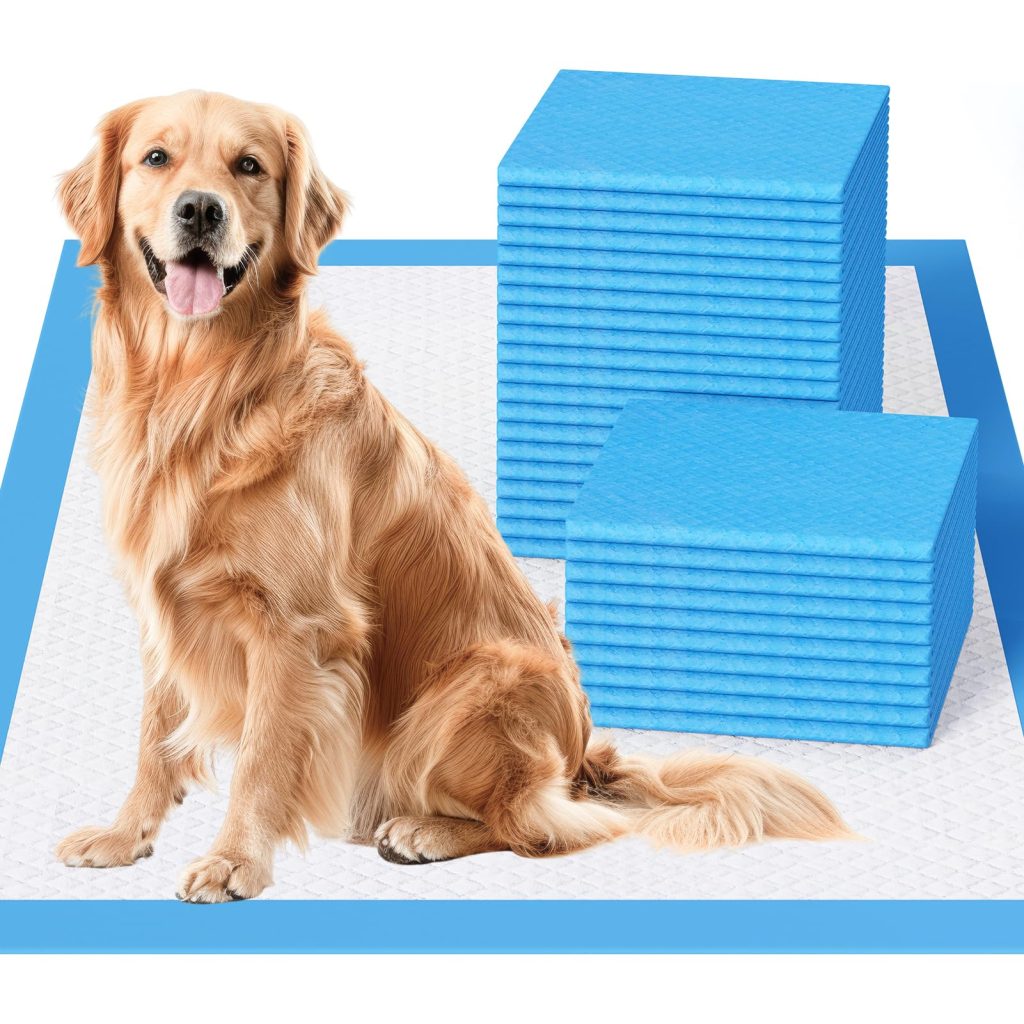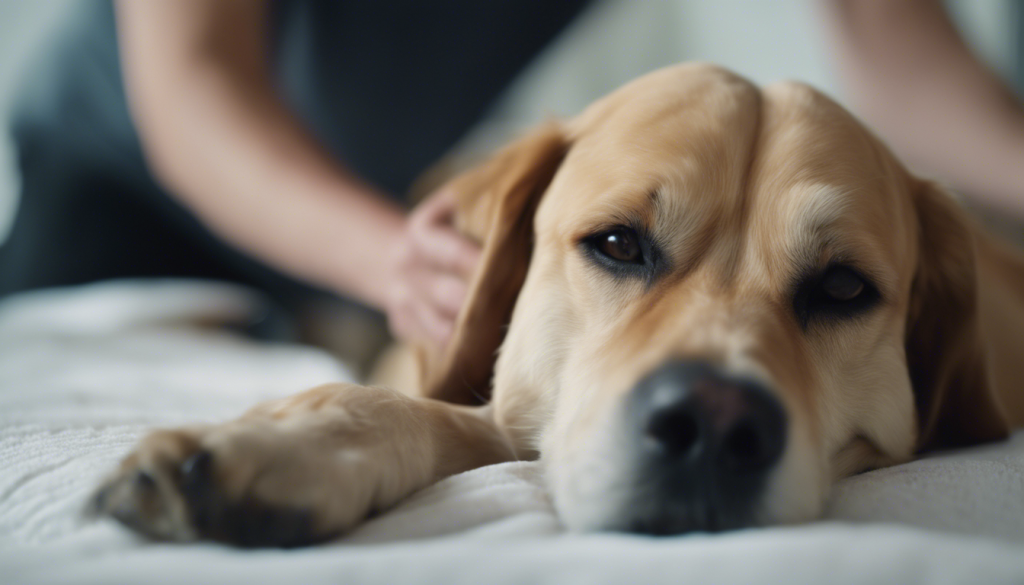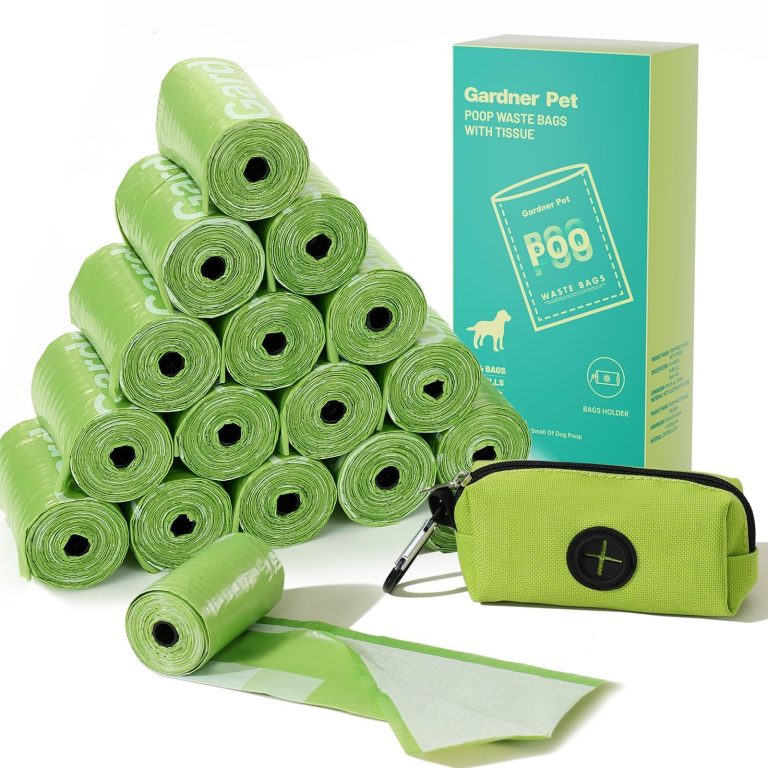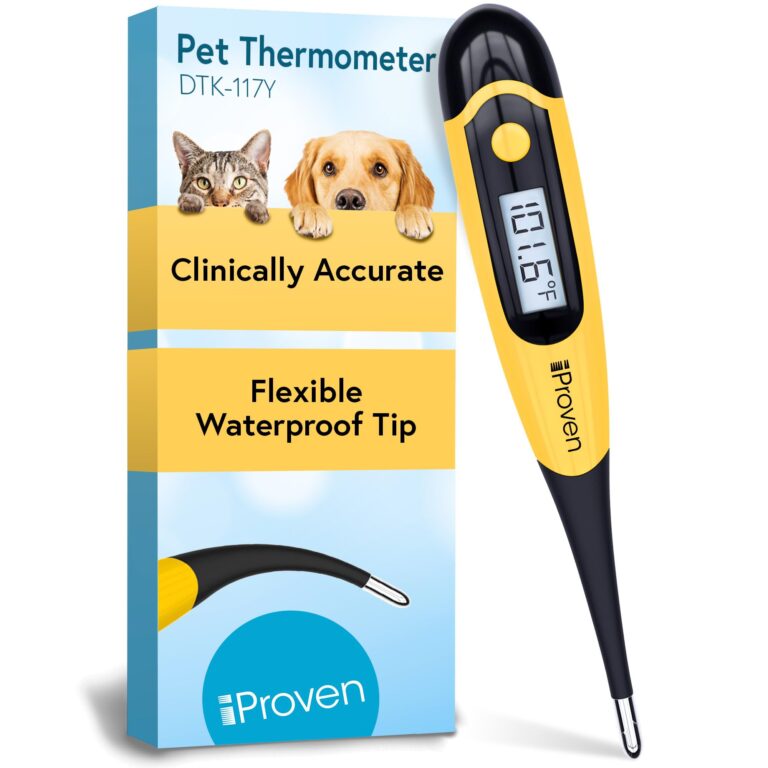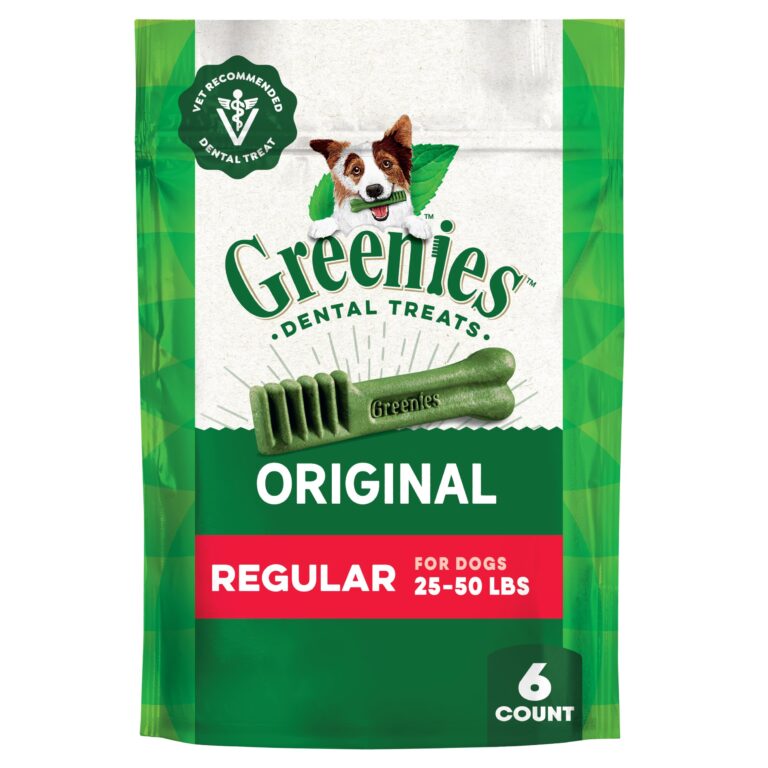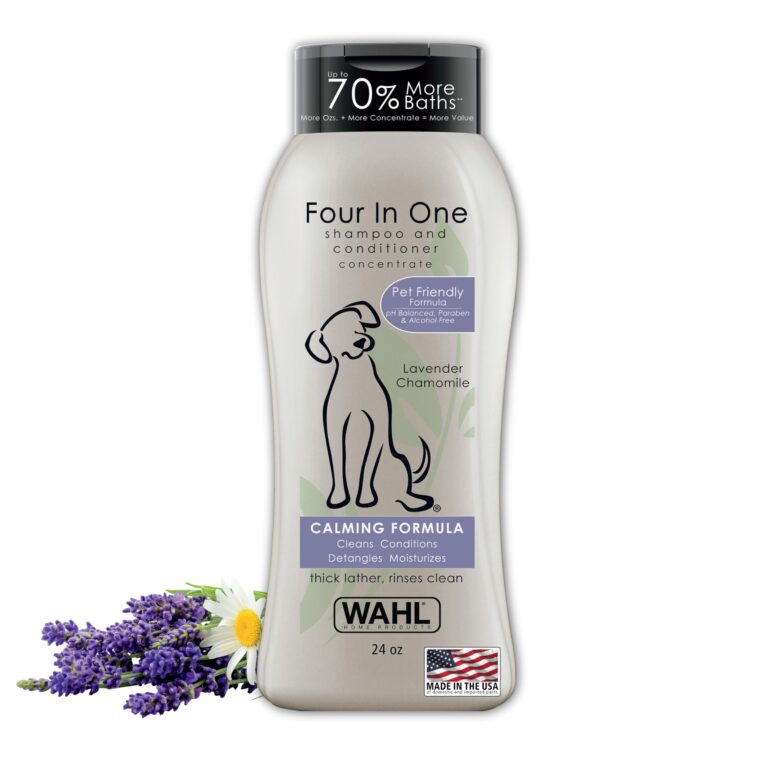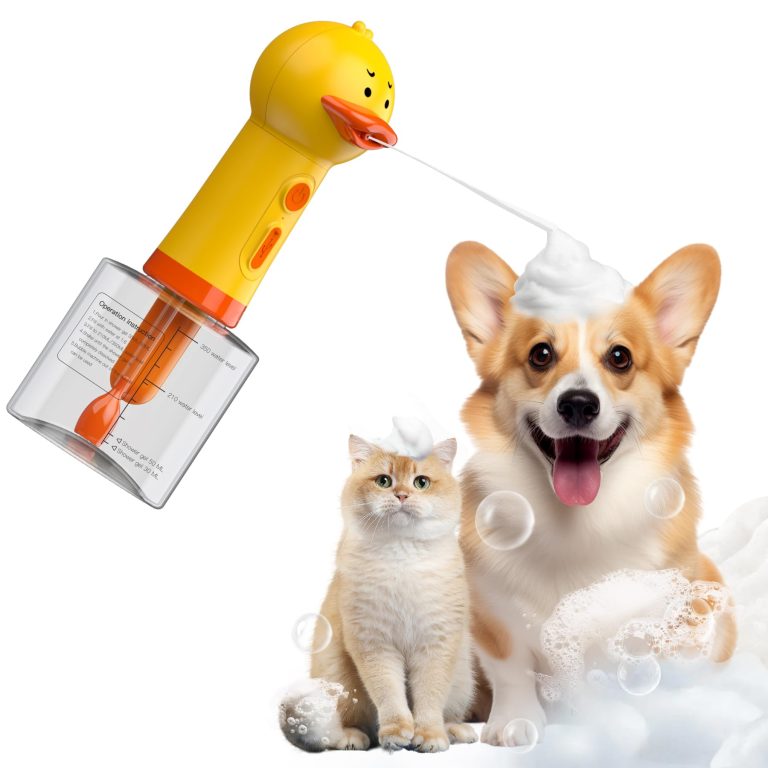The Benefits of a Dairy-Free Diet for Dogs
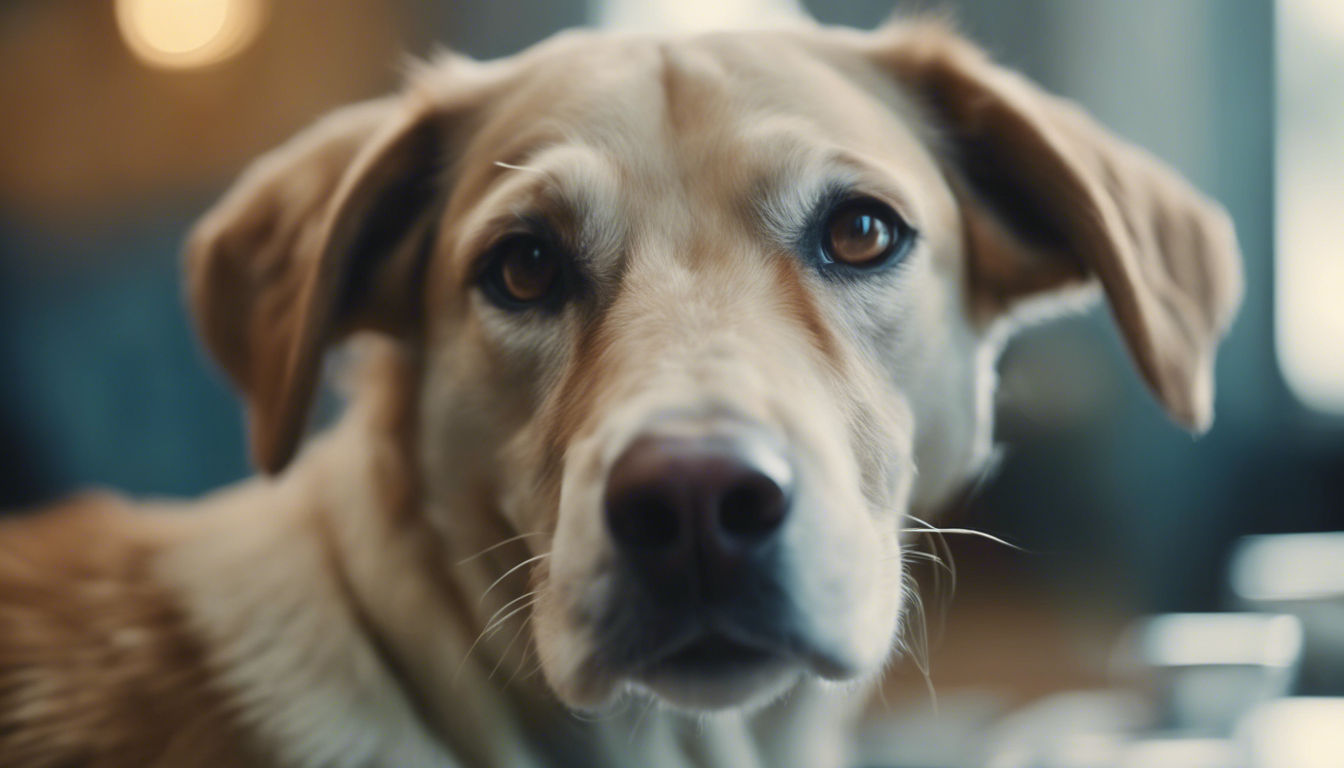
Understanding Canine Lactose Intolerance
Just like some people, our four-legged friends can experience less-than-pleasant reactions to milk and dairy products. It turns out that many dogs have trouble digesting lactose, which is the sugar found in milk. The reason for this mishap in the treat department is a deficiency in the enzyme lactase, which splits lactose into digestible sugars. If your pooch immediately has an upset stomach, diarrhea, or gas after lapping up some milk or nibbling on cheese, lactose intolerance could be the culprit.
Don’t fret though, milk isn’t a doggy diet staple. Your pup can lead a perfectly happy and healthy life without it. There’s no need for them to chow down on dairy to get their nutritional needs met. In fact, once a puppy is weaned from its mother’s milk, the need for milk in the diet essentially disappears. So if you’ve been thinking milk is a must-have for shiny coats and wagging tails, you can let that myth go.
If you suspect your pooch might have a dairy dilemma, a vet can help you confirm it with tests. Keep your eyes peeled for signs of discomfort after dairy consumption, and think lactose-free alternatives if your dog has a hankering for something creamy. And remember, there’s a smorgasbord of other treats that can bring joy to your dog’s life without the dairy distress.
Steering clear of dairy doesn’t mean a no-fun-zone for Fido. Consider of it as an opportunity to explore a host of different treats and find out what makes your dog’s tail wag with joy—sans the lactose. From crunchy veggies to homemade goodies tailored to your dog’s dietary needs, there’s a whole world of options. The key is to pay attention to how your dog reacts whenever they’re trying something new and to focus on providing a balanced diet that keeps their tail wagging and their tummy happy.
Improving Digestive Health in Dogs
Supporting your dog’s digestive health is a bit like tending to a garden; it requires patience, knowledge, and the right balance of nutrients to keep everything running smoothly. A dog with good digestion is a happy dog, and it starts with ensuring they’re not only eating the right foods but that their gut is fully equipped to handle it. For starters, a high-quality diet rich in fiber is essential. Fiber acts like a broom, sweeping through the intestines and keeping everything moving. This not only helps prevent constipation but can also aid in managing your dog’s weight, as fiber-rich foods are quite filling.
Now, when it comes to proteins, moderation is key. While dogs absolutely need protein, too much can burden the digestive system. Look for diets that boast easily digestible proteins, like chicken, turkey, or fish. It might seem counterintuitive, but sometimes the lower-protein foods can be better suited for your dog’s digestive system than the high-protein varieties marketed for ‘active’ dogs.
Your furry friend’s tummy also loves a good routine. Try to feed them at the same times every day. Consistency is comforting to a dog’s digestive tract, helping to prevent upset stomachs. And remember, split their daily food intake into two or more meals, rather than one large helping. Ponder of it this way – smaller, more frequent meals are like portion-controlled snacks for pups, easier on the tummy and they help maintain energy levels throughout the day.
Now let’s chat about water – it’s not just for quenching thirst. Keeping hydrated is vital for digestive health. Always make sure your dog has access to clean, fresh water. It helps dissolve fats and soluble fiber, allowing these substances to pass through the system more easily.
Probiotics are your dog’s digestive system’s best friends, promoting the growth of good bacteria in their gut. Some dog foods are already enriched with these beneficial microorganisms, or you can opt for a probiotic supplement. Ever heard of pumpkin or yogurt being used as doggy treats? They’re not just delicious but also packed with probiotics that can soothe your pet’s gastrointestinal woes.
And, while it might be tempting to share your leftovers with those pleading puppy eyes staring up at you, table scraps can wreak havoc on a dog’s digestion. Foods that are safe for humans can often be too fatty, spicy, or difficult for dogs to digest and can lead to pancreatitis or other health issues.
Be on the watch for stress too, which can disrupt a dog’s digestive balance quicker than you might consider. Anything from moving houses to a new furry friend in the house can cause stomach upset. Keeping your dog’s environment calm and engaging them in regular exercise will not only keep their bodies healthy but their digestive systems too.
To wrap up, a peaceful and digestively happy dog comes from the cumulative effects of a well-balanced diet, consistent eating routines, and a stress-free environment. With a little care and attention to their eating habits, you’re on your way to being a pro at managing your pooch’s dietary needs for optimal digestive health.
Potential Allergy Relief Through Dairy Elimination
Imagine your dog, once suffering from itchy skin, ear infections, or gastrointestinal problems, suddenly showing signs of relief. It could be more than just a happy coincidence. The elimination of dairy from your pup’s diet might have done the trick.
Just like people, dogs can be allergic or sensitive to certain foods, and dairy is a common culprit. The symptoms can range from subtle to severe and watching your furry friend suffer through allergies is heart-wrenching for any pet parent. If your dog’s allergies have you both scratching your heads, it might be time to think cutting out dairy to see if things improve.
Many dogs who have been switched to a dairy-free diet have owners singing praises. They often find their dogs have fewer skin outbreaks, less digestive distress, and overall appear more comfortable. It is as if they’ve been given a new lease on life without the constant irritation that allergies can bring.
So, if you’re curious to see if dairy is the problem, try an elimination diet. Gradually remove dairy products from your dog’s meals and monitor them closely. It might take a few weeks to notice changes, but it is worth the effort. If you see improvements, you might have just cracked the code to your dog’s comfort.
However, going dairy-free doesn’t mean your dog has to miss out on essential nutrients. Look for alternative sources of calcium and vitamins to compensate for what they might have gotten from dairy. Foods like sardines (with bones), broccoli, or commercially available calcium supplements formulated for dogs can help fill in the gaps.
Lastly, always keep your vet in the loop. They can offer guidance on dietary alterations and suggest hypoallergenic food options specifically designed for dogs with intolerances or allergies. Remember, not all heroes wear capes; some just carry a bag of dairy-free dog food for their beloved companions.
Nutritional Considerations for Dairy-Free Canine Diets
Transitioning to a dairy-free diet for your dog is not just about taking things out—it’s about putting the right things in. A diet free of dairy should still be rich in all the other nutrients your dog needs to thrive. Carrying out a nutritional balancing act includes ensuring that your canine companion is getting sufficient vitamins, minerals, proteins, and fats.
When dairy is no longer on the menu, one of the main concerns is where your furry friend will get their calcium from. No worries—there are plenty of other ways to make sure your pooch isn’t missing out. Green beans, for instance, are a terrific source of not just calcium but also vitamins A, C, and K. And hey, they make a great crunchy treat, too! Toss them in your dog’s bowl for a healthy snack that will have tails wagging for more.
Another major component of a well-rounded diet is high-quality protein. While cheese and yogurt are off the table, lean meats like chicken, beef, and pork are protein powerhouses. And let’s not forget about eggs—a fantastic source of bioavailable protein and vitamin B12, cooking up a scrambled egg or hitting them with a quick boil can make a great addition to your dog’s meals.
Can’t say goodbye to the fats! Essential fatty acids are must-haves for maintaining a healthy coat and overall well-being. Fish oils, flaxseeds, and certain nuts can help ensure your dog’s diet includes the fats they need, minus the dairy.
For those who enjoy a bit of kitchen alchemy, creating homemade dog food allows you to control exactly what goes into your dog’s diet. Just remember to include a variety of foods to keep meals nutritionally complete. Want to hear a pro tip? Look into chia seeds. They’re so loaded with nutrients that some folks call them a superfood. Plus, they’re simple to sprinkle over any meal.
Perhaps you’re not the ‘cook for your dog’ type—that’s fine! The pet food industry has come leaps and bounds, and now there are excellent commercially available dairy-free food options for dogs of all shapes and sizes. When shopping for dog food, though, do yourself a favor and become a label detective. Keep an eye out for a statement from the Association of American Feed Control Officials (AAFCO) on the bag or can, ensuring the food is complete and balanced.
At the end of the day, happy and healthy is the goal for our furry friends, right? So, whether you are dodging dairy due to intolerance or allergies, or you’re just sprucing up Spot’s diet, these nutritional considerations will have you both enjoying the journey to improved health—sans milk bones!
